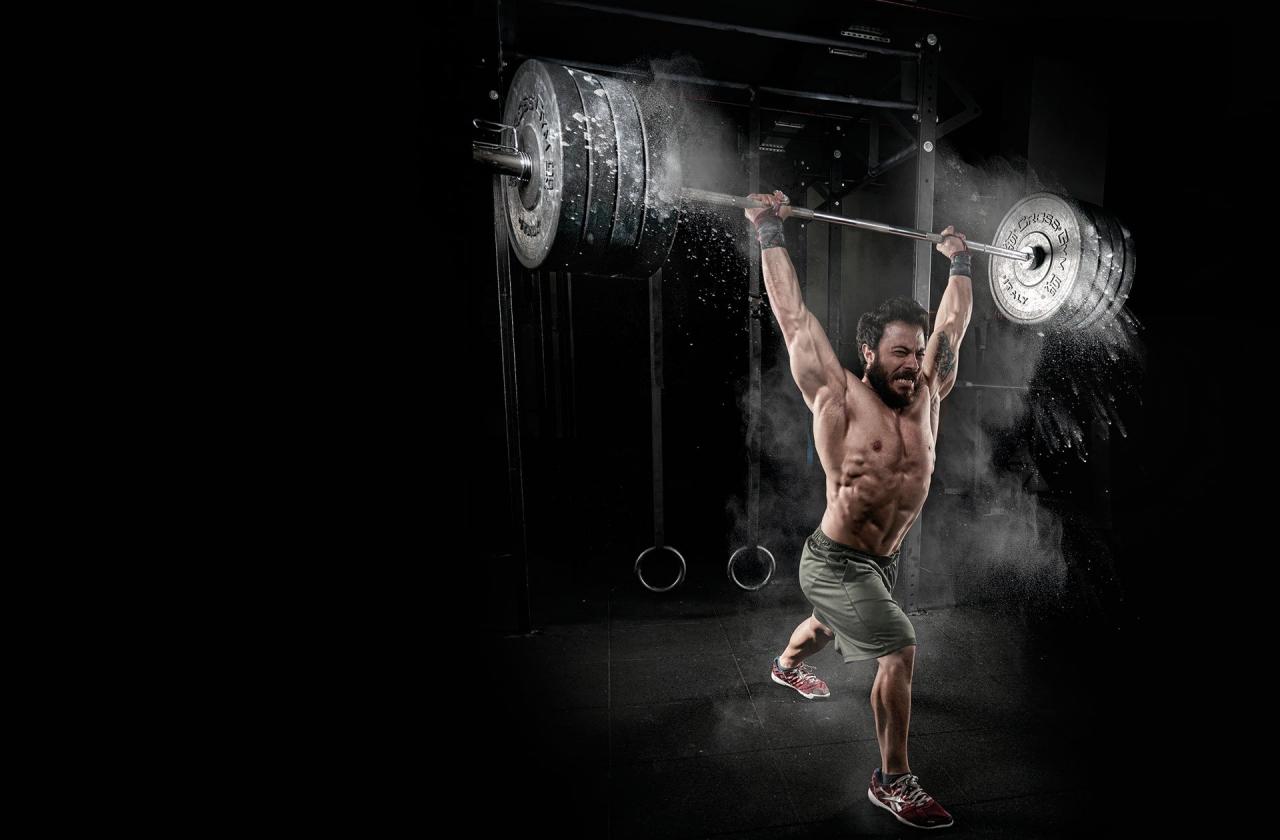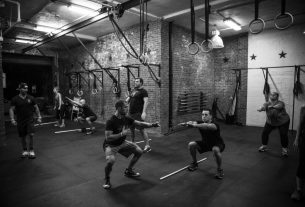We’ve gone through the biomechanics of the body and all muscle groups in a series of articles. You should now know what function the muscles have in the body and therefore also how the muscles should be trained. In principle, you can now train every muscle, but is that the whole picture? is a repetition always a repetition? Or in other words: “ are all reps created equally?” , that’s what this article is about. We’ll dive deep into the material, but once you master this stuff, you’ll have a powerful weapon to make your workouts so much more efficient! Many people are already playing with complex supersets, intensifiers and periodizations without mastering single reps.
THE STIMULUS
The stimulus is the intended goal of a workout. The training stimulus, if you will. This stimulus is the product of the reps times the sets, along with the amount of rest you take. So this is different from total work volume! The training stimulus is not only determined by the total volume, but many more factors, as we will see in a moment. Realize, however, that the outcome of a training stands or falls with the execution of each repetition; without control over the repetition you will have no control over the effect of the sets, therefore not over the effect of your training and therefore also not over your training stimulus.
QUALITY OVER QUANTITY
The quality of your work is determined by a number of factors, all of which will affect the total.
EXECUTION OF YOUR REPS
Everything you do to do your reps correctly, both mentally and physically. This includes, for example, your set-up and loading the exercise. Do you get yourself ready before starting an exercise or even every rep to ensure good execution? Are the cables at the right height? Do the dumbbells align with the targeted muscle? Are you neatly in the leg extension?
THE WORK NEEDED
If everything is in order, you will still have to deliver the work. Are you training at a sufficiently high intensity? Don’t you stop when the going gets tough? Does your performance stay clean for the last few reps? Do you provide stability during the exercise?

THE NERVOUS SYSTEM
Many people probably hear about this, but find it a vague concept. ‘Heavy compounds such as deadlifts and squats are harder on the nervous system’. Nice and nice, but what does that mean? We want the nervous system to work effectively and intensively. We can’t directly influence this like the other two factors, but we can train and program for it.
EFFECTIVENESS
Effective functioning of the nervous system means nothing more than how good you are at coordinating movements, in tensing and also relaxing different muscle fibers during a movement. When you bench press for the first time, the bar sways in all directions and you can move few kilos. After a few times it goes much smoother. This is not necessarily because you have become so much stronger in a short time, but because the nervous system learns which muscles to tighten when and also which muscles to relax so that you don’t work against yourself. A large part of the beginner gains in strength is because the nervous system makes this control work more efficiently the more you perform an exercise. The movement is thus spoken of as ‘cheaper’ for your body in energy.
INTENSITY
Intensity is kind of the opposite of this; it is the ability of your body to contract more muscle fibers at the same time and thus generate more power or explosiveness. So when the nervous system gets better at exercises we can move more weight with less energy, so we can work towards goals more efficiently and our repetitions will have a greater effect.
THESE 3 FACTORS DETERMINE YOUR RESULT
The level of these three factors determines how many kilos you can pack with which exercise and how many repetitions you can do, how long rest breaks should be and how complex movements can be.
When we choose things that our nervous system is ready and ready for, the execution of exercises becomes easier and we can get more out of our exercises. If we choose exercises that are so difficult in terms of execution that we cannot focus on the effort but are only busy with the execution of the exercise, we will never be able to achieve maximum progress!




